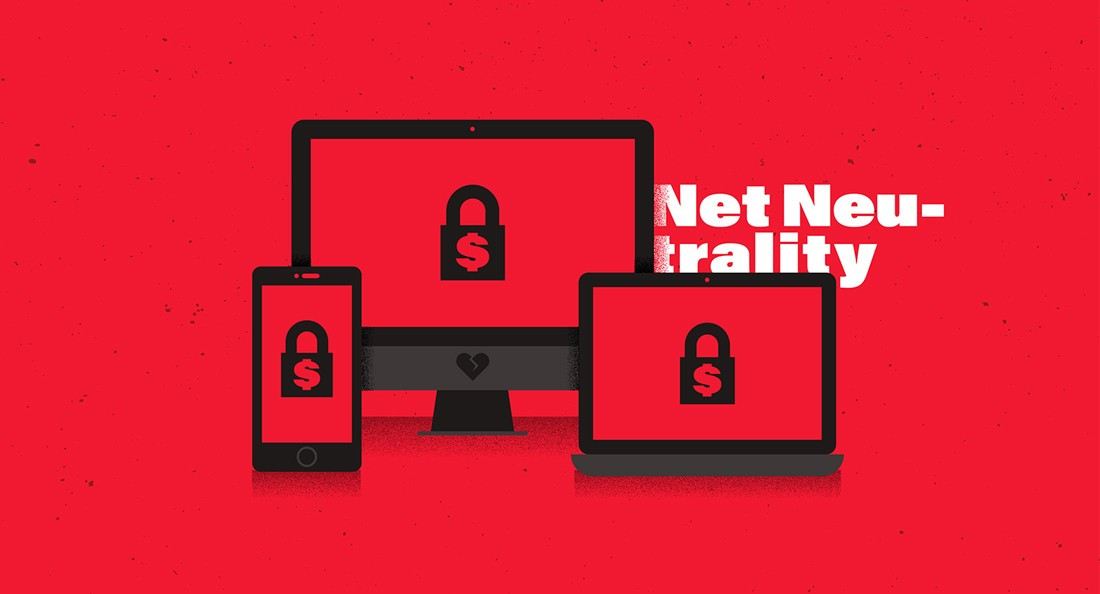The importance of net neutrality
How regulations shape the way people use a critical resource
In December 2017, the Federal Communications Commission (FCC) in the United States voted in favour of repealing the net neutrality regulations that had been in place for several years.
The concept of net neutrality reflects the practice of internet service providers (ISPs) charging relatively similar fees to access the internet while not restricting content.
Without net neutrality, ISPs could charge the public different rates to access internet services with the potential of creating content exclusive packages.
Over time, this could challenge smaller American businesses and force consumers to pay more to access content.
Net neutrality should be important to Canadians. The internet has become a necessary good for nearly everyone on the planet, and having information restricted or pay-graded is not the answer in promoting knowledge and access to entertainment.
Lucas Ridley, a third-year business major studying at the University of Winnipeg, compares the internet to Winnipeg’s public library system.
“Think of the library card purchase as your Wi-Fi connection, at which point you can find any information you’d like.
“This removal of net neutrality would be like the library charging you to enter a restricted section and reading a particular book in that same manner,” Ridley says.
In terms of a changing media landscape by removal of net neutrality, business can be adversely impacted.
Canadian regulations, governed by the Telecommunications Act, will likely stay in place. According to a 2017 CBC article, the act demands that Canadian service providers not give “undue or unreasonable preference” to any company and to “not influence the content being transmitted over their networks.”
Despite this, Canadians may still be affected by the FCC ruling, which will likely impact the acquisition of information and content across the Canadian-US border.
“Suppose you’re a Canadian company wanting to deliver content to Americans. You may have to pay (to reach) those customers, whether it’s to have faster bandwidth to them or to have access to them in general,” Nick Josephson, a third-year computer science major studying at the University of Manitoba, says.
“It may impact our ability to get content in the case of American companies being required to pay ISPs to deliver content to Canadians. The ISPs may charge different prices, which may affect whether the American companies are inclined to deliver that content to Canadians.”
Restrictions to internet access in North America could replicate a similar situation happening in Portugal.
One of Portugal’s wireless carriers, Meo, forces consumers to pay a flat rate to have cell coverage. In addition, Meo offers a messaging bundle, music bundle, social media bundle and more for upwards of €4.99 ($7.62 Canadian) each per month.
With this in place, the average consumer’s internet access is restricted to what they can afford. For example, someone who wants access to Spotify, Facebook and Netflix may need to pay an extra fee to access each company, in addition to a basic Wi-Fi flat rate.
It’s important that Canadians have these discussions, as this change in other countries can have dire implications as to how the rest of the world receives information in the future.
Published in Volume 72, Number 15 of The Uniter (January 25, 2018)







